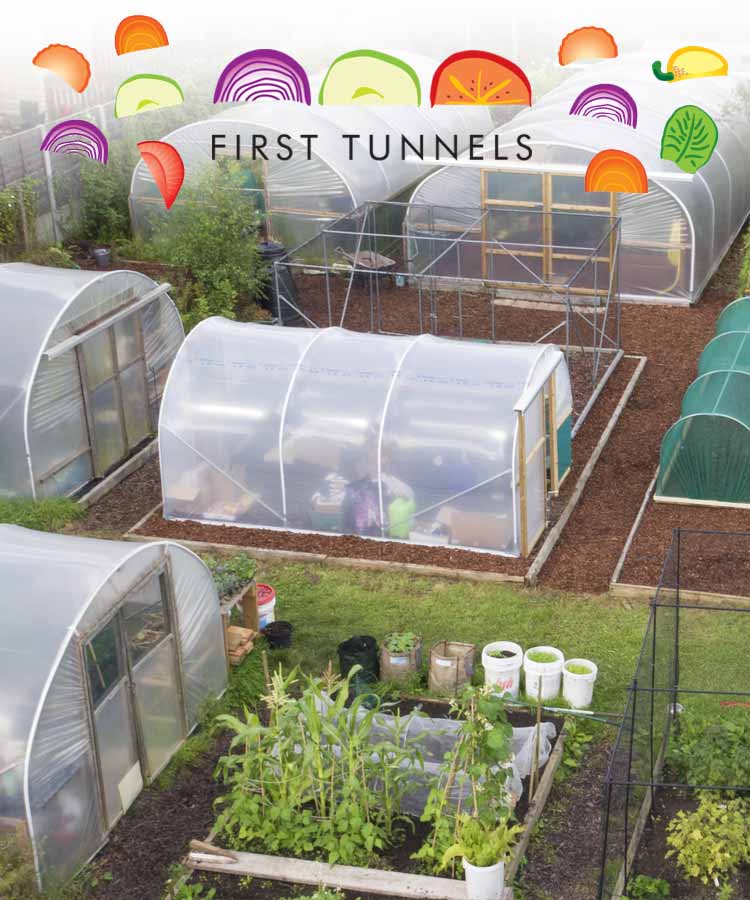One of the fantastic benefits of growing your own food in a polytunnel is that it can help you to eat more healthily. Growing your own fresh, organic produce will help you to get all the nutrients you require for optimal health. Having access to affordable produce will also help you to live more sustainably and reduce your carbon footprint. A vegetarian/ vegan diet is best for green living for all those who cannot rear their own livestock, so it is important to understand the plants you should grow to make sure you get a balanced diet, including all the protein you require to live.
A 'complete' protein is one that contains all the essential amino acids that we require that are not produced by the body. While the 'easiest' sources of protein are meat and dairy, it is also perfectly possible to get enough of the 'right' protein from plant sources. Getting enough protein on a plant-based diet is made easier with the addition of 'complete' plant proteins. These are few and some are not easy to grow in our climate. Luckily, however, there are now quinoa plants that will do very well in polytunnels across the UK. Quinoa is a useful 'complete' plant protein that is related to chard and beetroot, though is treated more like a grain. Unlike other grains like wheat, you do not have to have a huge acreage to get a worthwhile crop. Though quinoa plants will grow up to almost 6ft in height, and will need a spacing of around 2ft between plants, they can be grown in a polytunnel and even a few plants can produce a decent amount of the seed. Though quinoa can be grown outside in some parts of the UK, in colder regions, a polytunnel will make it easier to grow successfully.
Even with a small polytunnel, you can still go quite some way towards growing all the plant protein you need. While most of the plants you grow will not contain all of the amino acids required for good health, most will contain some and when these are combined, it is relatively easy to create complete protein meals.
For example, combining any grain with nuts or legumes (peas, broad beans, green beans, runner beans, etc...) will provide you with the necessary protein, while potatoes, and a range of leafy green vegetables such as spinach, broccoli and kale also contain a good number of the essential amino acids.
